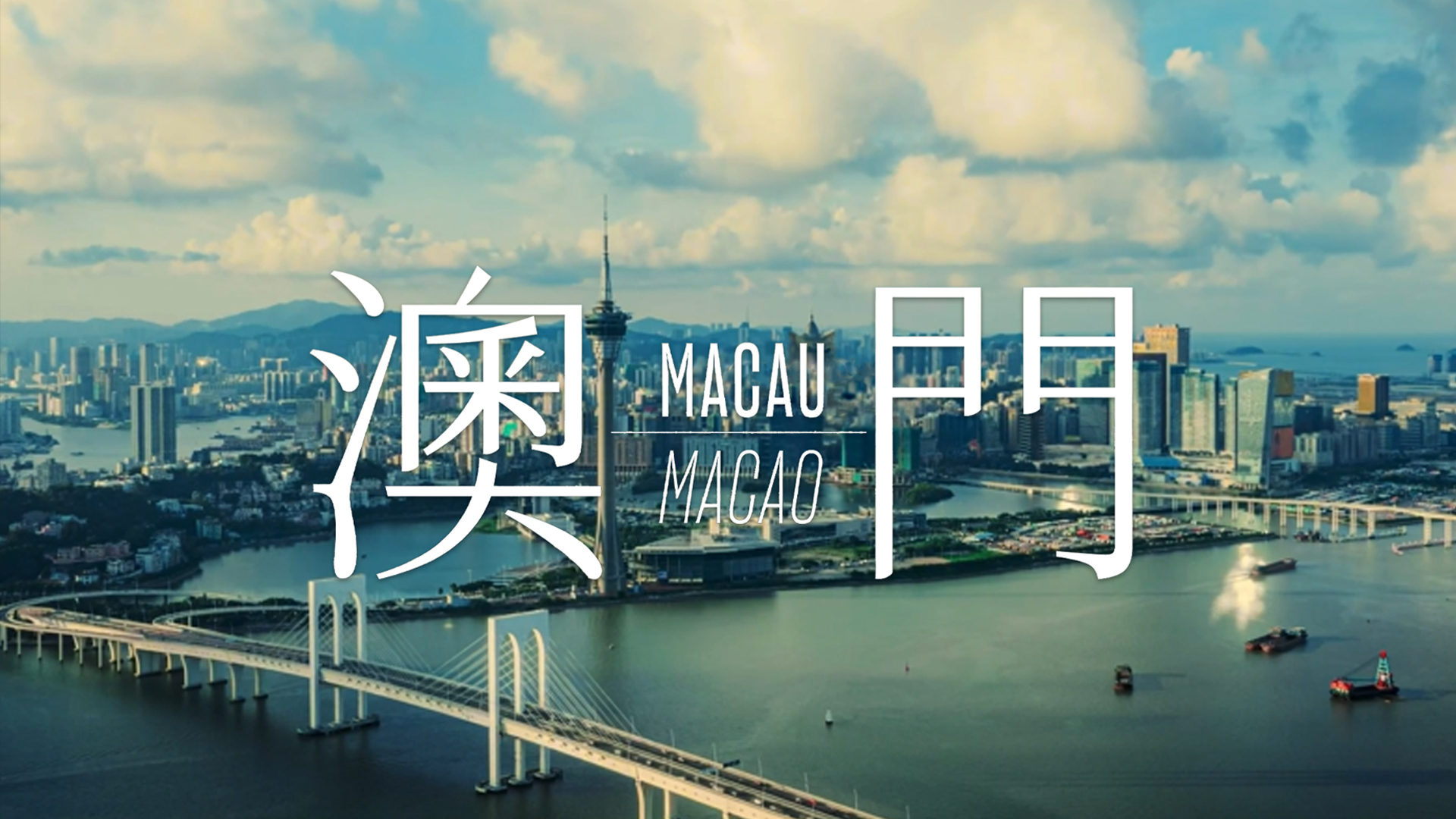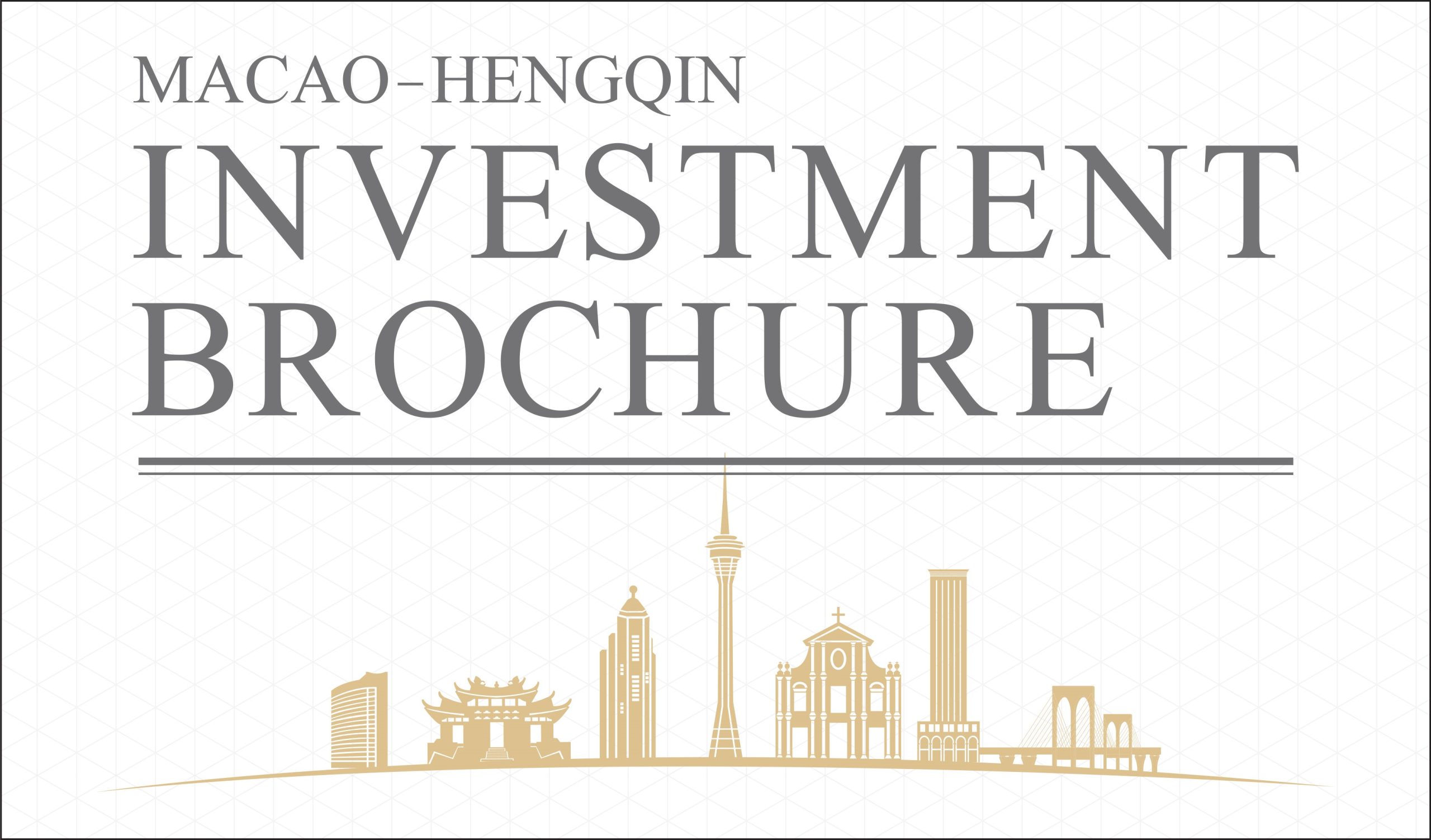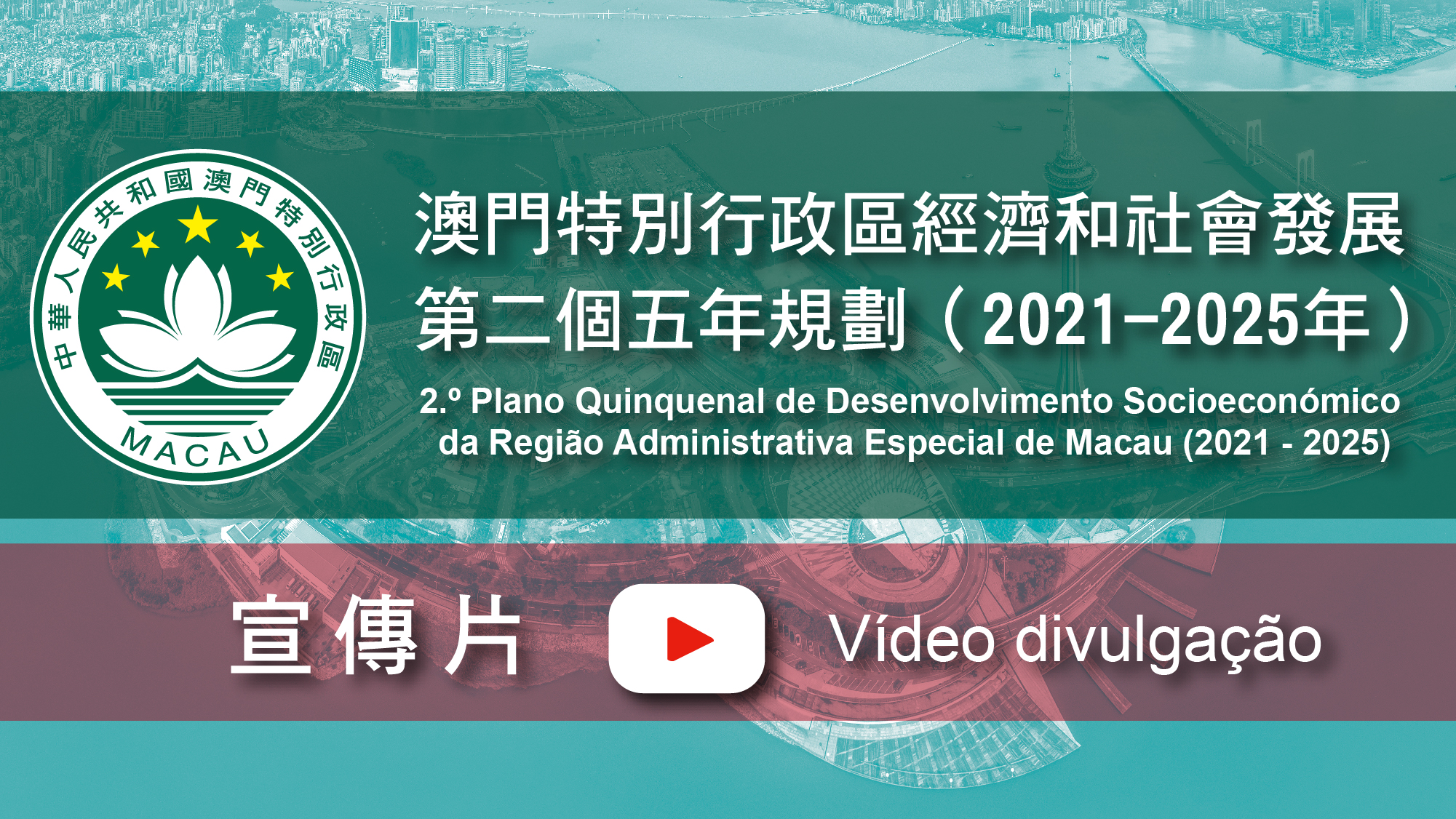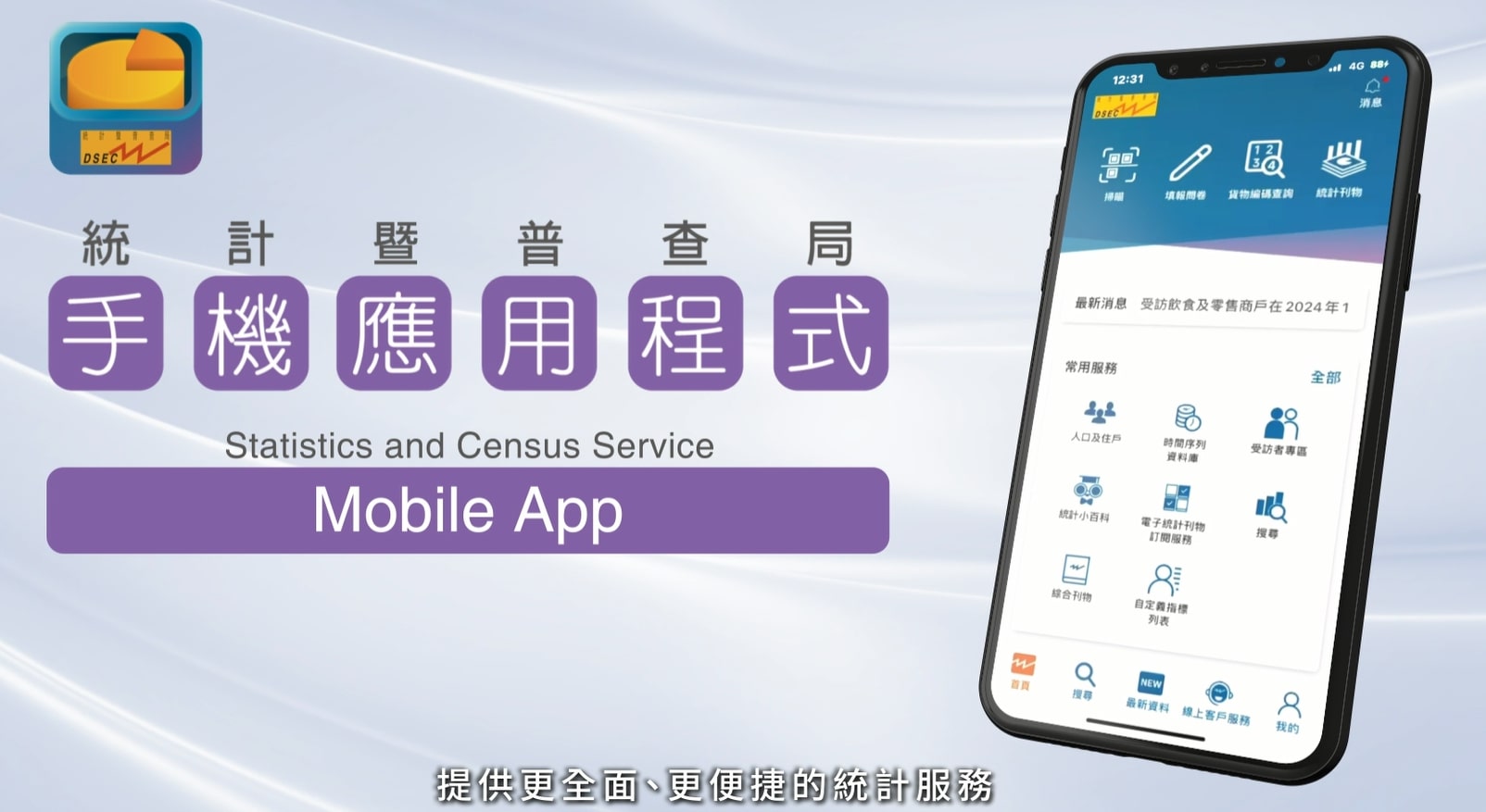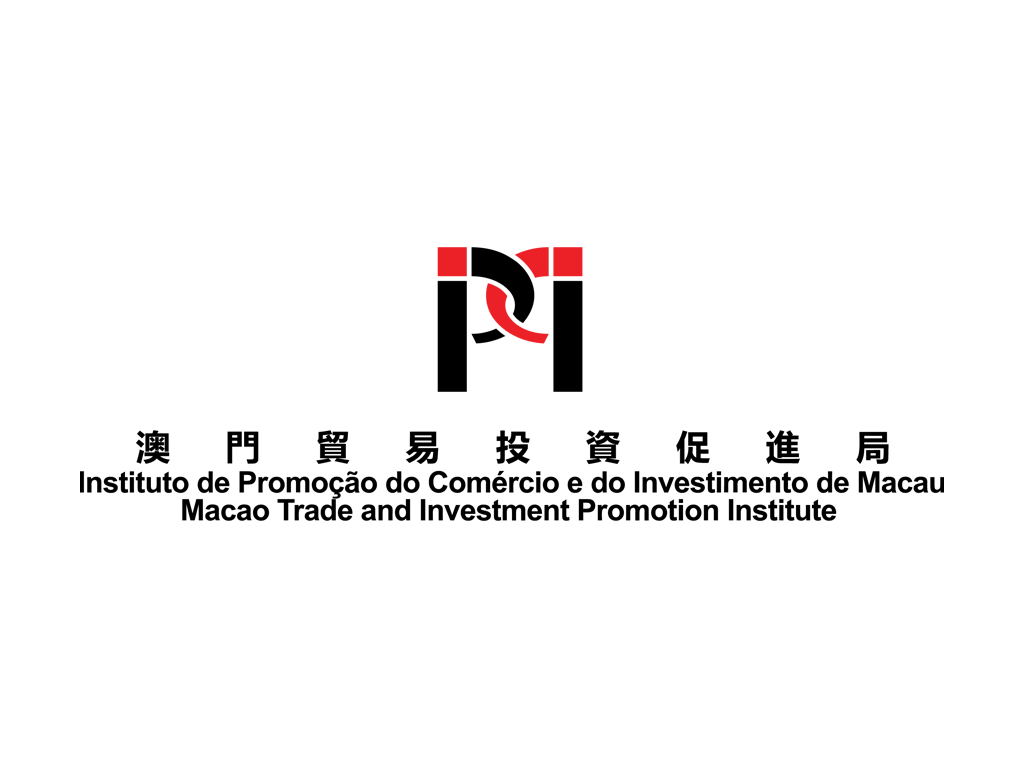Search Issues
Republic of Angola
Republic of Angola, commonly known as Angola, is a country located in southwestern Africa. To the north is the Republic of Congo (abbreviated as Congo-Brazzaville) and the Democratic Republic of Congo (abbreviated as Congo-Kinshasa). It borders Zambia in the east, Namibia in the south, and the Atlantic Ocean in the west. The land area is 1,246,700 square kilometers and the coastline is 1,650 kilometers. It is one of the important sea passages in central and southern Africa. Angola used to be a Portuguese colony, until it declared independence on 11 November 1975 and formally established the People’s Republic of Angola. With diverse ethnic and religious composition, Angola has a population of more than 30 million. The official language is Portuguese, with 42 ethnic languages. The residents are mainly Catholic. Luanda is the capital and largest city of Angola, an important port and the centre of the country’s politics, economy, culture and transportation.
At present, Angola is the third largest economy and one of the largest foreign investment-attracting countries in sub-Saharan Africa. It has a stable political environment, sound economic policies and excellent natural resources. It is the second largest oil producer in Africa, with oil and diamond mining as its economic pillars. In addition, the construction industry is also an important economic booster, drawing construction contractors from all over the world. Other important industries include agriculture, fisheries and telecommunications. Currently, Angola is member of a wide range of international organisations such as the United Nations(UN), the World Trade Organisation(WTO), the International Monetary Fund(IMF), the World Bank, the Community of Portuguese-Speaking Countries(CPLP), the Organisation of the Petroleum Exporting Countries(OPEC), the African Union, and the Southern African Development Community.
Overview of economic and trade cooperation between China and Angola
China and Angola established official diplomatic relations in 1983. Since then, high-profile visits between the two countries have been taking places frequently. The co-operation in the political and economic fields has continued to develop. In 1984, the Chinese and Angolan governments signed a trade agreement and established the Joint Economic and Trade Commission mechanism in 1988. In 2015, the Guidance Commission for Economic and Commercial Co-operation between Angola and China was established and held its first meeting. In 2018, the “Memorandum of Understanding on Promoting the Construction of the Silk Road Economic Belt and the 21st Century Maritime Silk Road” was signed, which brought the economic and trade co-operation between the two countries to a new level.
It is worth mentioning that in December 2014, the Chinese and Angolan governments signed a letter of exchange on the Chinese government’s tariff exemption for 97% of Angola’s exports to China. Starting from 2015, 97% of products exported to China from Angola will enjoy zero tariff treatment.
Angola is China’s second largest trading partner, second only to South Africa in the entire Africa. In 2019, bilateral trade volume reached US$25.37 billion, of which China’s imports from Angola reached US$23.31 billion, accounting for 91.9% of the total trade volume. The main imports were crude oil and mineral products, salt, sulfur, lime. China’s exports to Angola were about US$2.06 billion, accounting for about 8.1% of the total trade volume. The main export commodities included automobiles and spare parts, furniture, mechanical and electrical products.
Information of Business Opportunities in Angola
Angola is rich in oil, natural gas and mineral resources, with more than 12.6 billion barrels of proven recoverable oil reserves and 7 trillion cubic metres of natural gas reserves. The main minerals are diamond, iron, phosphate, copper, manganese, uranium, lead, tin, zinc, tungsten, gold, quartz, marble, and granite. As the second largest oil producer in Africa and the fifth largest diamond producing country in the world, oil and diamond mining are the economic pillar of Angola. In 2018, oil and gas output value were estimated to account for nearly 40% of GDP.
Main economic indicators for 2018
| Gross Domestic Product (International exchange rate) (US$ billion) |
105.7 |
| GDP per capita (International exchange rate) (US$) |
3,432.40 |
| Real GDP Growth (Percentage) |
-2.1 |
| Inflation, GDP deflator (Percentage) |
34.8 |
| Surface area (sq. km) |
1,246,700 |
| Population |
30,809,762 |
Source: World Bank, https://data.worldbank.org/
Major Trade Partners of Angola (2018)
| Main Export Destinations | Total Exports (US$ millions) | Percentage (%) |
| China | 24,146.80 | 59.6 |
| India | 3,754.50 | 9.3 |
| USA | 1,206.70 | 3 |
| Spain | 1,204.40 | 3 |
| Main Origin for Imports | Total Exports (US$ millions) | Percentage (%) |
| China | 2,227.80 | 16.1 |
| Portugal | 2,105.60 | 15.2 |
| Belgium | 947.6 | 6.9 |
Source: International Monetary Fund, https://www.imf.org/en/Data
Foreign Trade Statistics of Angola
| (US$ million) | |||
| Year | Total trade | Total exports | Total imports |
| 2018 | 54.366,5 | 40.526,6 | 13.839,9 |
Main exports: Crude oil, diamonds, natural gas, coffee, sisal, aquatic products, wood, cotton, etc.
Main imports: mechanical and electrical products, automobiles and spare parts, medicine, food and textile products, etc.
Macao–Angola Bilateral Trade
| (US$) | |||
| Year | Total import and export | Total exports | Total imports |
| 2019 | – | – | – |
| 2018 | 7,313 | – | 7,313 |
Note: The exchange rate of USD to MOP is 1:8.
Source: Statistics and Census Service (DSEC), Macao SAR Government, https://www.dsec.gov.mo/
Source of Data:
World Bank
https://data.worldbank.org/
International Monetary Fund Data
https://www.imf.org/en/Data
Ministry of Foreign Affairs, People’s Republic of China
https://www.fmprc.gov.cn/
General Administration of Customs of the People’s Republic of China
http://www.customs.gov.cn/
Statistics and Census Service (DSEC), Macao SAR Governmen
https://www.dsec.gov.mo/



